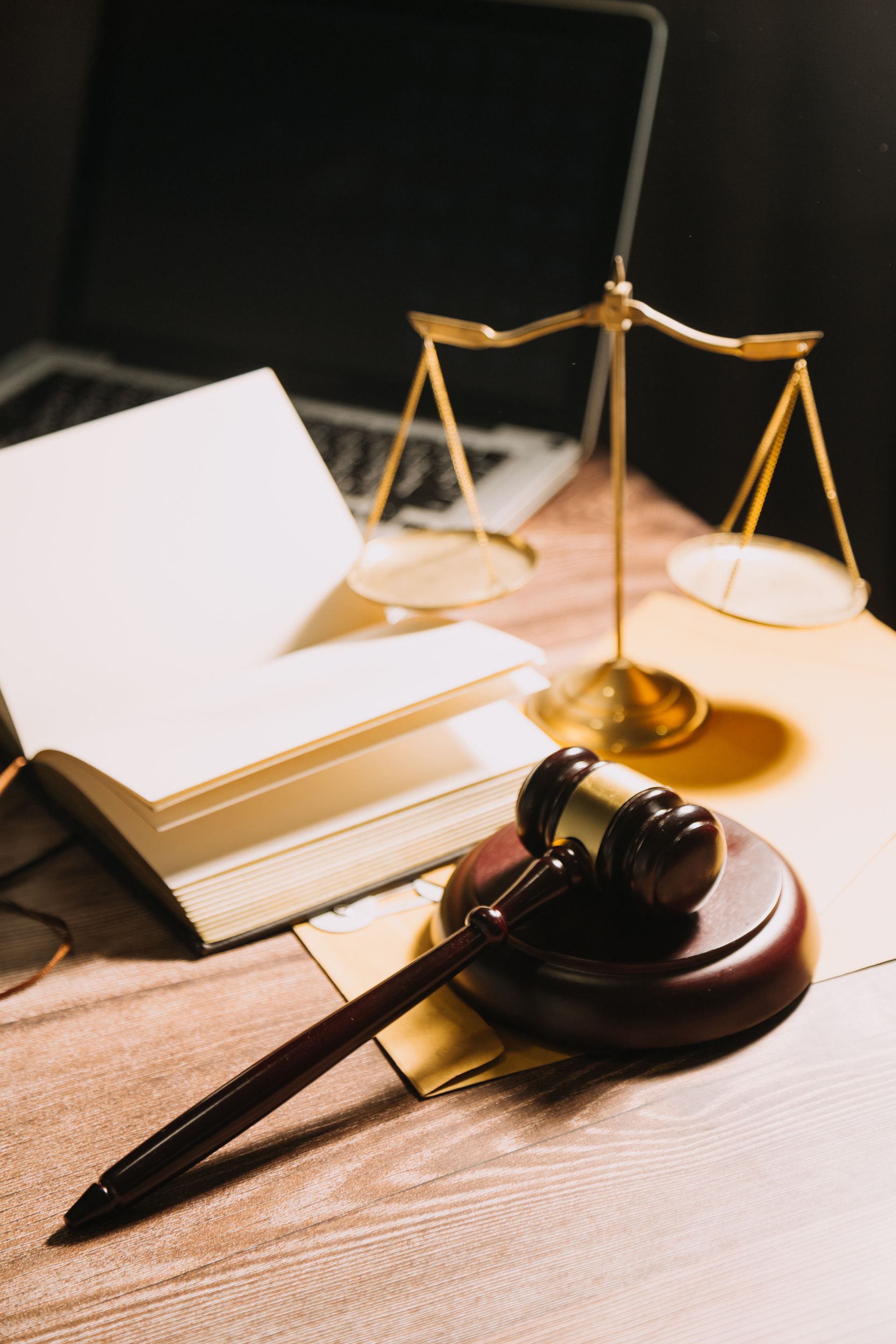Understanding the Difference Between Chapter 7 and Chapter 13 Bankruptcy in Connecticut
Understanding the Difference Between Chapter 7 and Chapter 13 Bankruptcy in Connecticut
Bankruptcy can be a lifeline for those struggling with overwhelming debt. However, determining the right type of bankruptcy to file is crucial for achieving financial relief. At Grafstein & Arcaro, LLC, we assist Connecticut residents in navigating bankruptcy matters and selecting the most suitable path for their unique situations. Let’s explore the key differences between Chapter 7 and Chapter 13 bankruptcy.
Chapter 7 Bankruptcy: Liquidation Bankruptcy
Chapter 7 bankruptcy, often referred to as "liquidation bankruptcy," is designed for individuals with limited income who cannot repay their debts. Here are the defining features:
Debt Discharge: Chapter 7 allows for the discharge of most unsecured debts, such as credit card debt, medical bills, and personal loans.
Eligibility Requirements: To qualify, you must pass the means test, which assesses your income against Connecticut’s median income level.
Asset Liquidation: While many personal assets are protected under Connecticut’s exemption laws, non-exempt assets may be sold to repay creditors.
Timeline: Chapter 7 cases typically take three to six months from filing to discharge, offering a quicker resolution compared to Chapter 13.
Chapter 13 Bankruptcy: Reorganization Bankruptcy
Chapter 13 bankruptcy, known as "reorganization bankruptcy," is ideal for individuals with a steady income who wish to keep their property while repaying debts over time. Key aspects include:
Repayment Plan: Debtors propose a 3-to-5-year repayment plan to pay off all or a portion of their debts.
Income Requirements: Unlike Chapter 7, Chapter 13 does not require a means test, but you must demonstrate sufficient income to meet repayment obligations.
Asset Protection: Chapter 13 allows you to retain assets, including your home and car, by catching up on missed payments through the repayment plan.
Debt Limitations: Chapter 13 is available for individuals with secured and unsecured debts below specific thresholds set by federal law.
Key Considerations for Connecticut Residents
Choosing between Chapter 7 and Chapter 13 depends on your financial circumstances, goals, and eligibility. Here are a few factors to consider:
Income Level: Chapter 7 is typically suited for individuals with lower income, while Chapter 13 works for those with a steady income.
Asset Retention: If you wish to protect your home or car from foreclosure or repossession, Chapter 13 may be the better option.
Debt Types: Chapter 13 is often preferable for managing secured debts, such as mortgages or car loans, as it allows you to catch up on payments.
How Grafstein & Arcaro, LLC Can Help
At Grafstein & Arcaro, LLC, we understand that financial struggles can be overwhelming. Our experienced attorneys are committed to guiding you through the complexities of bankruptcy law in Connecticut. We can help you:
Evaluate your financial situation to determine whether Chapter 7 or Chapter 13 is right for you.
Navigate the filing process to ensure compliance with all legal requirements.
Advocate for your best interests to protect your assets and secure the relief you need.
If you’re considering bankruptcy in Connecticut, contact Grafstein & Arcaro, LLC today. Let us help you take the first step toward financial freedom.









